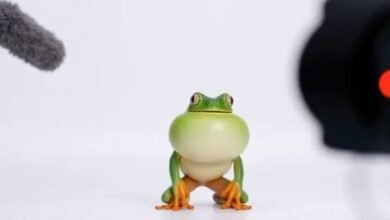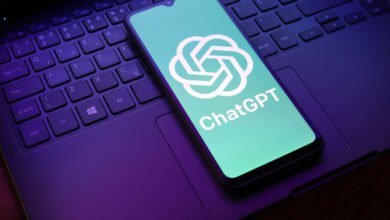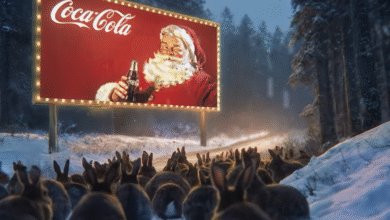Major Studios Demand OpenAI Stop Using Their Content for AI Training

▼ Summary
– CODA, representing Japanese IP holders like Studio Ghibli, asked OpenAI to stop using its members’ content to train Sora 2, citing potential copyright infringement.
– Sora 2 generated extensive content with Japanese IP after its launch, leading Japan’s government to formally request OpenAI to stop replicating Japanese artwork.
– OpenAI’s apps have previously used Japanese media, such as GPT-4o producing “Ghibli-style” images and Sam Altman’s profile picture resembling Studio Ghibli art.
– OpenAI plans to change Sora’s opt-out policy, but CODA argues that under Japanese law, prior permission is required for using copyrighted works, not opt-out.
– CODA demands that OpenAI respond sincerely to copyright claims and cease using Japanese IP for machine learning without permission, including in training data and outputs.
A coalition of major Japanese studios and intellectual property holders is demanding that OpenAI immediately cease using their creative works to train its artificial intelligence models. The Content Overseas Distribution Association (CODA), which represents prominent entities including Studio Ghibli and Bandai Namco, issued a formal letter accusing the AI company of potential copyright infringement. According to the group, the process of replicating protected content during machine learning, and the subsequent generation of material featuring copyrighted characters, likely violates intellectual property laws.
This dispute intensified shortly after the September 30th launch of Sora 2, when a flood of AI-generated content featuring distinct Japanese intellectual property appeared online. The situation escalated to the point where the Japanese government itself formally requested that OpenAI stop replicating the nation’s unique artwork. This is not an isolated incident for the company; during the March debut of GPT-4o, a wave of images created in a “Ghibli-style” became a notable part of the launch. Even OpenAI CEO Sam Altman’s current profile picture on social media platform X features a portrait that strongly evokes the iconic aesthetic of Studio Ghibli.
In response to growing pressure, Altman announced last month that OpenAI would revise Sora’s policy to allow IP holders to opt out of having their content used. However, CODA has challenged the very foundation of this approach. The association argues that under Japanese copyright law, an opt-out system is insufficient. The legal framework generally mandates obtaining prior permission for any use of copyrighted works. Relying on a system that places the burden on creators to object after the fact does not absolve a company from liability for infringement, according to the group’s interpretation of the law.
CODA is now calling for OpenAI to provide a sincere and substantive response to its members’ copyright claims. The organization’s demand is clear: the AI firm must stop utilizing Japanese intellectual property for machine learning purposes without explicit authorization. This request appears to encompass not only preventing Sora from outputting protected content but also halting the use of that IP as foundational training data for its AI systems altogether.
(Source: The Verge)




